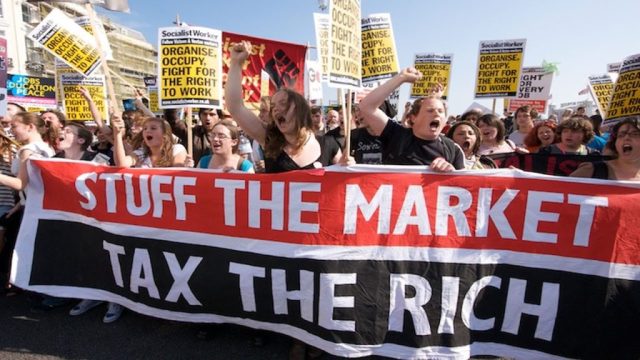High marginal tax rates can deter people from working, saving, investing, and innovating, while special tax breaks can hurt SMEs, contributing significantly to the national and global economies. SMEs also account for 45 percent to 70 percent of overall employment in some countries. The article is about The Sufferings of High Tax And Its Consequences.
A corporate tax system that taxes new or small businesses at a higher effective marginal rate than the market average may discourage potential entrepreneurs from launching a business. This is because the benefits of doing so may be insufficient to persuade people to change their current economic activity. As a result, it could lead to a reduced pool of SMEs in the long run.
Furthermore, a high tax burden might put established SMEs under additional financial strain. Companies must pay their taxes by a particular deadline or face fines, which will increase their tax burden.
On the other hand, making a tax payment may significantly limit the company’s cash flow. If the tax payment schedule falls during a period of low cash flow, this can be an issue. Detrimental cash flow could have a negative influence on the company’s operations. The distribution of economic resources Tax cuts, on the other hand, can hamper long-term economic growth through rising deficits. The long-run impacts of tax policy are thus determined by both their incentive and deficit effects.
These measures include limiting future investment, annual bonuses, and employee pay, harming company growth prospects and capacity to attract talent. Moreover, being hit with a significant tax burden when cash flow has constrained the possibility of these measures being imposed increases even more.














